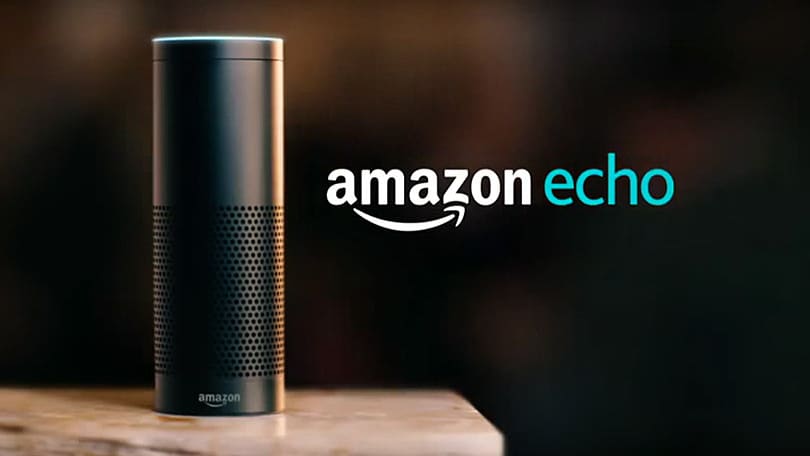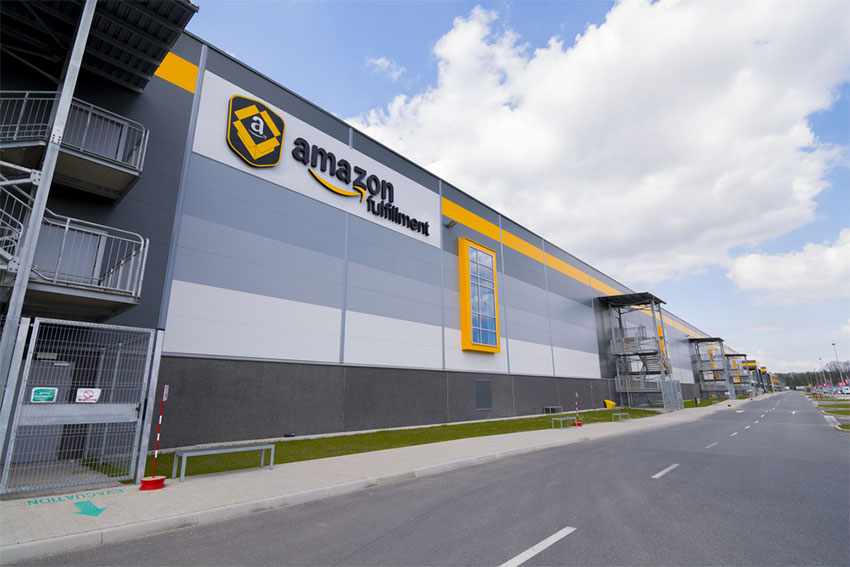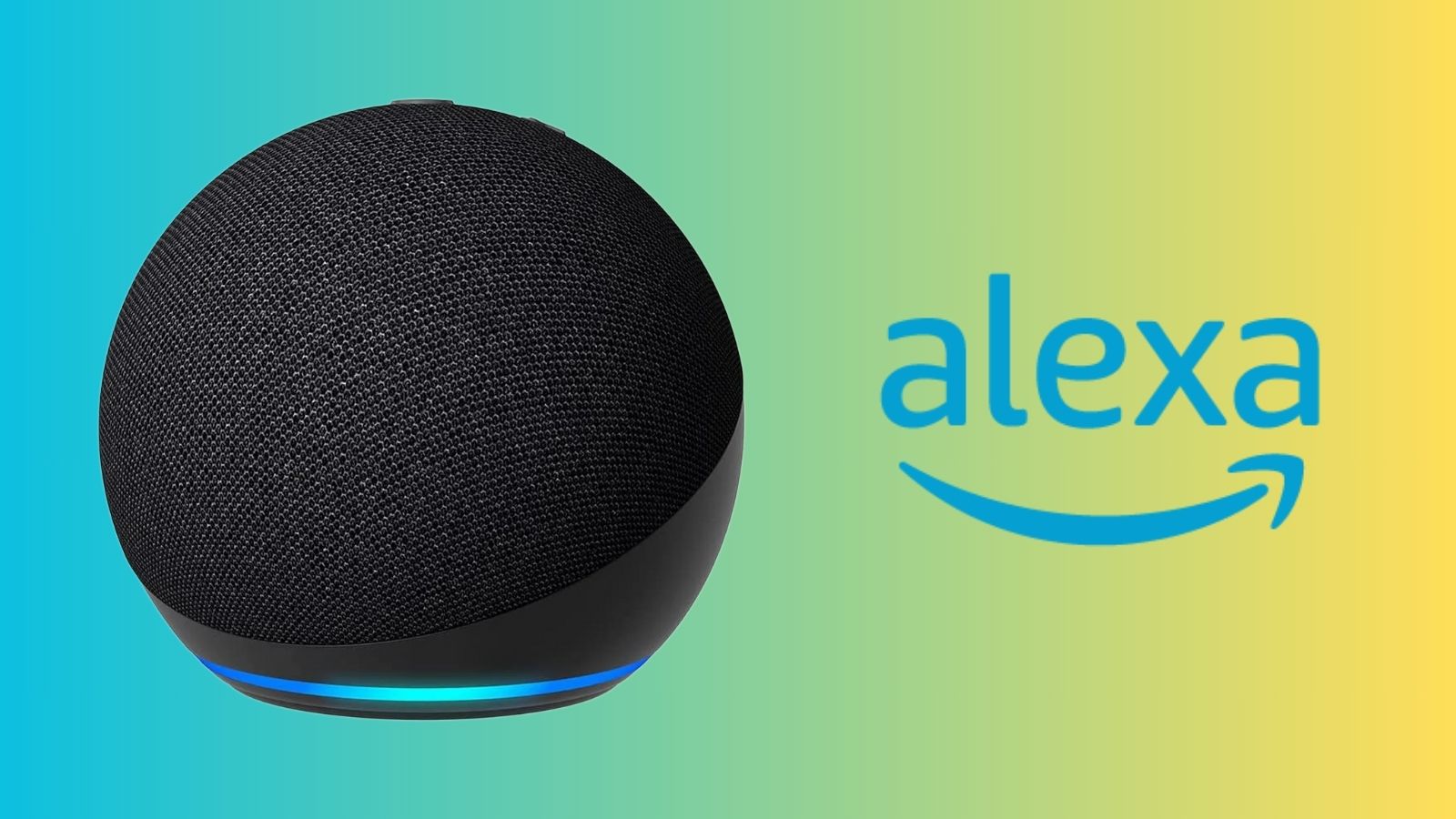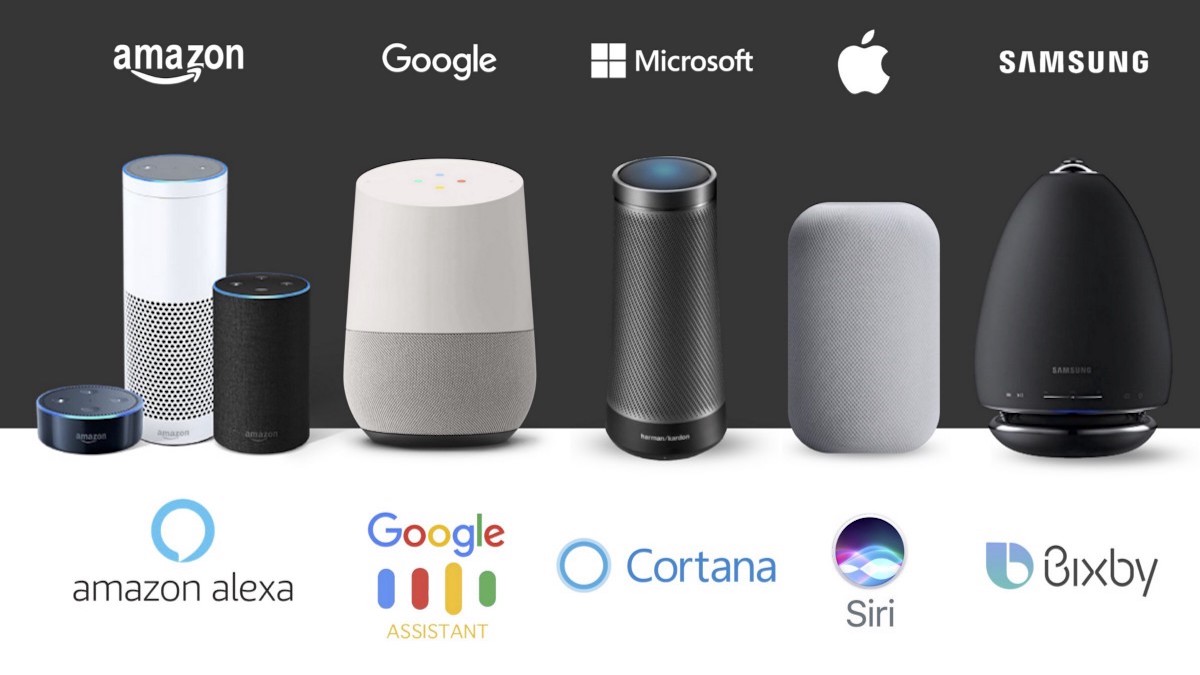In the fast-evolving landscape of artificial intelligence, Amazon’s Alexa has found itself in a challenging position. Originally hailed as a groundbreaking innovation in voice-activated technology, Alexa now faces increasing competition from more advanced systems, notably OpenAI’s ChatGPT. This article explores Amazon’s efforts to revitalize Alexa, the technological hurdles it faces, and the broader implications of this race in the AI market.
Here's ads banner inside a post

The Rise and Fall of Alexa
Launched in 2014, Amazon’s Alexa was marketed as a revolutionary voice assistant capable of transforming how users interact with technology. The promise was clear: a seamless integration of voice commands and smart home devices that would make everyday tasks easier and more intuitive. However, despite the initial excitement, Alexa has struggled to live up to its lofty expectations. Between its introduction and late 2022, Amazon’s Worldwide Digital unit reportedly lost over $10 billion on Alexa alone, highlighting the disconnect between ambition and reality.

Here's ads banner inside a post
A Novelty Item or a Smart Assistant?
While Alexa can perform basic functions like playing music, setting timers, and controlling smart home devices, its capabilities have often been described as more novelty than necessity. Internal sources suggest that Alexa’s underlying architecture resembles an “automated phone tree” rather than a sophisticated AI. This foundational issue stems from its rules-based system, which relies on formulaic responses and struggles with open-ended queries. Users quickly discovered that outside of a limited scope of tasks, Alexa’s utility diminished, leading to frustration and disillusionment.

The Emergence of ChatGPT
The AI landscape shifted dramatically with the introduction of ChatGPT in late 2022. ChatGPT’s generative capabilities set a new standard for conversational AI, allowing for more natural interactions and sophisticated responses to a broad range of inquiries. Companies like Microsoft and Google quickly recognized the potential of generative AI, driving a surge in development and investment in this technology. In contrast, Amazon’s Alexa, with its limited conversational abilities, began to fade from public favor, further highlighting the disparity between the two technologies.
Here's ads banner inside a post

Amazon’s Response: A Desperate Overhaul
Faced with this growing competitive pressure, Amazon recognized the urgent need to overhaul Alexa. In a bid to remain relevant, the company initiated efforts to integrate advanced large language models (LLMs) into its existing system. This strategic pivot aimed to enhance Alexa’s functionality and align it more closely with the capabilities offered by platforms like ChatGPT.

CEO Andy Jassy’s takeover of the machine learning team in 2023 marked a turning point for Alexa. He emphasized the development of a foundational “artificial general intelligence” model designed to elevate Alexa’s performance and potentially serve other Amazon divisions. Despite these ambitious goals, the path to a truly advanced AI assistant has proven fraught with challenges.

The Bumpy Road to Improvement
Internal demonstrations of the upgraded Alexa have illustrated both progress and persistent shortcomings. While Alexa has shown signs of enhanced conversational abilities, it often veers off-topic or struggles with managing smart home functions. In one notable demonstration, when Jassy queried Alexa for in-depth sports information, the assistant delivered inaccurate responses and irrelevant information. Such instances have raised concerns about the reliability and practical application of the upgraded system.

Despite these setbacks, Amazon has projected optimism regarding Alexa’s evolution, initially anticipating a rollout of the new model in early 2024. However, delays have pushed this timeline back to late 2024 and potentially into 2025. The shifting dates reflect the ongoing struggle within Amazon to deliver a competitive product that meets consumer expectations.
The Changing Face of Consumer Expectations
As Amazon grapples with Alexa’s transformation, consumer expectations have shifted significantly. Users increasingly seek interactive and engaging AI experiences that can provide entertainment, information, and utility. ChatGPT and other generative AI platforms have successfully tapped into this demand, offering dynamic conversations that adapt to user needs.

Alexa, once a trailblazer in the smart assistant arena, now risks being relegated to a secondary role if it cannot meet these evolving demands. The challenge for Amazon is not only to enhance Alexa’s technological capabilities but also to redefine its positioning in a marketplace that now prioritizes responsiveness, creativity, and intelligence.
The Broader Implications for AI Development
The race to improve Alexa highlights broader trends in the AI industry, particularly the growing emphasis on generative capabilities and user experience. As companies vie for dominance in this space, the pressure to innovate intensifies. The shift towards LLMs represents a significant departure from traditional AI models, prompting questions about the future of voice assistants and their role in daily life.

Moreover, the competition is not merely about technology; it reflects deeper philosophical questions regarding the purpose of AI. Should these systems prioritize task efficiency, or should they foster engaging, conversational relationships with users? The outcomes of these debates will shape the future of AI development, influencing how companies approach their products and strategies.
A Long Road Ahead
As Amazon endeavors to revitalize Alexa, the road ahead is fraught with challenges. While the integration of advanced AI capabilities holds promise, the struggle to maintain relevance in a rapidly evolving market underscores the complexities of technological advancement. Whether Alexa can regain its foothold and redefine its identity in an era dominated by generative AI remains to be seen. For now, the urgency of Amazon’s efforts speaks to the broader competition in the AI landscape, where innovation and consumer expectations continue to reshape the future.

Future Outlook
Looking ahead, Amazon faces a pivotal moment in its journey with Alexa. The need to deliver a reliable, engaging, and useful assistant is more critical than ever. As advancements in generative AI continue to evolve, so too must Alexa’s capabilities. Success in this endeavor will require not only technical innovation but also a deeper understanding of user needs and desires.
With the right combination of improvements and strategic vision, Amazon could potentially transform Alexa into a leading player in the AI assistant space once more. However, this transformation will not happen overnight. It demands a commitment to continuous learning, adaptation, and a willingness to embrace the ever-changing dynamics of the technology landscape.
As consumers continue to explore the potential of AI in their daily lives, Amazon’s Alexa stands at a crossroads. The decisions made in the coming months will undoubtedly influence the trajectory of the smart assistant, determining whether it can reclaim its position as a pioneering force in the world of AI.

In conclusion, the challenge for Amazon is not simply to catch up with ChatGPT but to innovate and redefine the future of voice-activated technology. The stakes are high, and the path is fraught with uncertainty, but the potential rewards for success are equally substantial. As the AI arms race heats up, all eyes will be on Amazon as it seeks to bring Alexa back into the spotlight.

